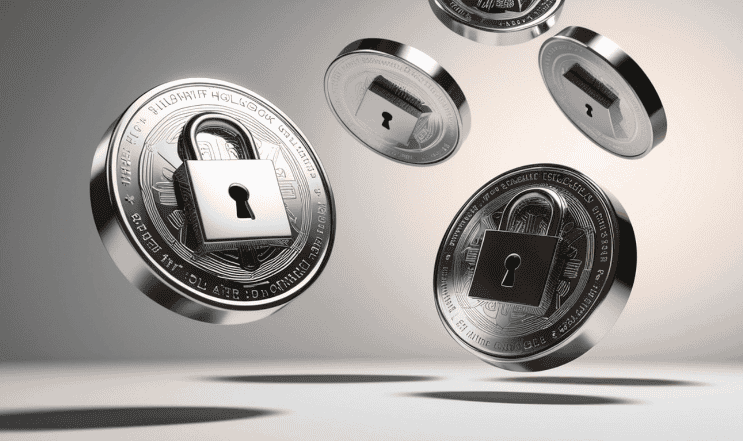
| 

If you’re in the habit of keeping track of your credit score, and it’s the same month after month, then it can come as a shock to see that suddenly your score has dipped. This never happens for no reason though. Although everyone’s situation is different, there are eight main reasons why your credit score has declined.
New Credit Application
Every application for a new loan, credit card or similar will leave a trace on your file. If you are just trying to shop around and look for the best deal for a new loan, head to a site branded as an eligibility checker or comparison site which will give an indication of what loans you may be offered without making an impact on your credit score. Your credit score will dip after you take out any new product, so give it a chance to recover before applying for another.
Credit Searches
This is a similar point to the one above. If you run multiple hard searches over a short period for a new financial product it can give the impression that you’re in a poor financial state and searching desperately. Only ever start searching for credit or applying for credit when you need to and can afford to.
“Red Flags” on Your Account
The most obvious reason for a dip on your score is a negative marker on your account. A new lender wants to deal with people who have a good track record of paying their credit back without having to be chased up. Making payments late, or missing payments altogether, can dramatically lower your credit score and lead lenders to decide that you’re too risky to deal with at all. If you’ve been a victim of identity theft, this can also damage your credit rating while you go through the steps to have the fraudulent applications taken off your account.
You’re “Maxed Out”
Lenders will look at a “credit utilisation ratio” which is just a fancy way of describing what percentage of your available credit you are using. If you are up to your limit on your credit card and living permanently in your overdraft, lenders are going to be unwilling to lend you more money and potentially make your already poor situation even worse.
Decreasing Credit Limits
If you’ve called a provider and asked that they lower your credit limit, you might think this would increase your credit score. In fact, it can have the opposite effect as it affects the ration discussed in the point above – you now owe a greater percentage of your total available credit. It’s usually better to keep the credit limits as they are, but just to keep your spending low.
Closing a Credit Account
As explained in the point above, this can affect your ratio. It’s usually best to keep old, and infrequently used credit accounts as a long history with one provider is going to go in your favour as you are showing your reliability.
Mistakes on File
Inaccurate information is going to damage your credit score. The good news is that if you spot a mistake on your file, the referencing agencies will correct errors if you can prove they’ve got it wrong.
Joint Accounts
If you share a bank account or loan with someone who has a poor credit record, then this could affect your credit score too. Simply living at the same address as someone with debt or being married to them shouldn’t affect your own score; it’s just joint loans or other credit agreements which could cause a problem.


